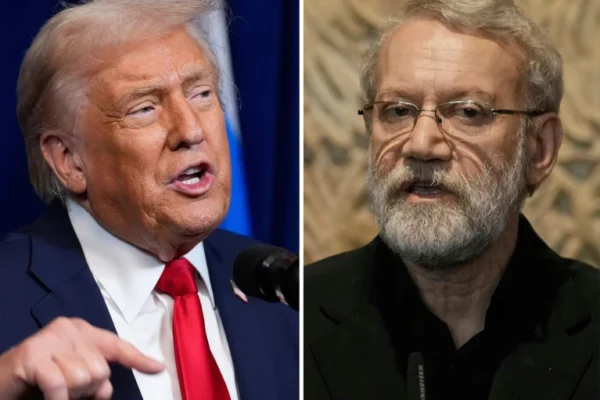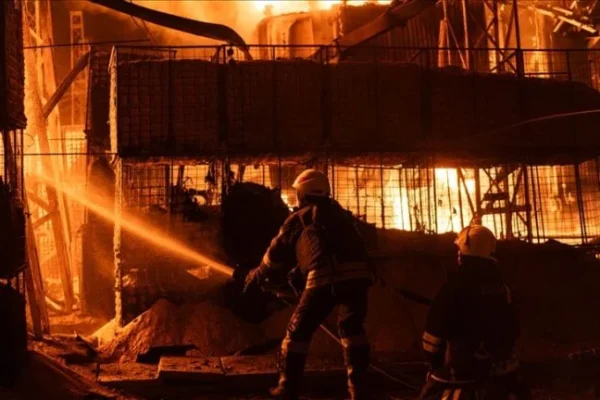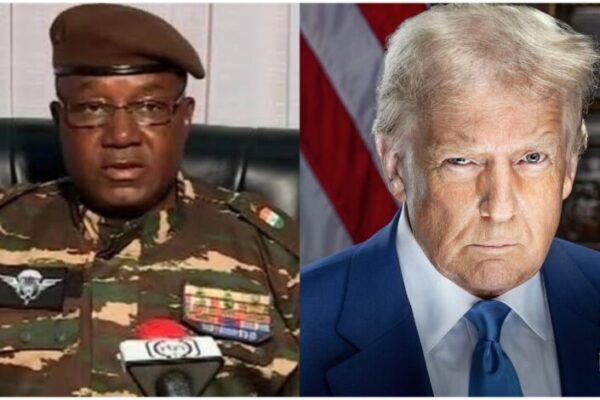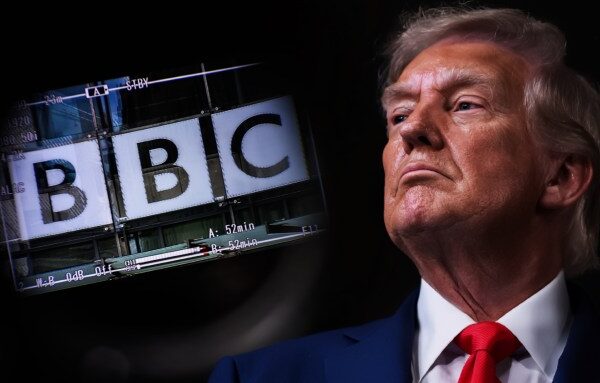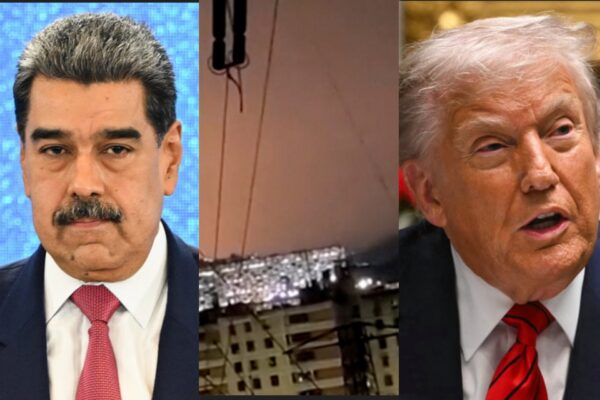
BREAKING: US Executes Strike On Venezuela, Captures President Maduro And Wife
President Donald Trump announced early Saturday that the United States carried out a major strike against Venezuela, resulting in the capture and removal of President Nicolás Maduro and his wife. On Truth Social, Trump wrote, “The United States of America has successfully carried out a large-scale strike against Venezuela and its leader, President Nicolás Maduro, who has been, along with his wife, captured and flown out of the country.” CNN reporters in Caracas observed multiple explosions and heard aircraft flying overhead in the early hours of Saturday. Several areas of the city experienced power outages following the blasts, with the first explosion recorded around 1:50 a.m. local time (12:50 a.m. ET). In recent weeks, Trump had repeatedly warned that the US was preparing action against alleged Venezuelan drug trafficking networks, stating that strikes on land would commence “soon.” His campaign against Maduro has already targeted over 30 vessels in the Caribbean Sea and eastern Pacific Ocean as part of a counter-narcotics operation. Last month, Trump also imposed a blockade on sanctioned oil tankers entering and leaving Venezuela. Earlier, in December, the CIA reportedly carried out a drone strike on a coastal port facility in Venezuela, marking the first known US attack inside the country, CNN reported, citing sources.


